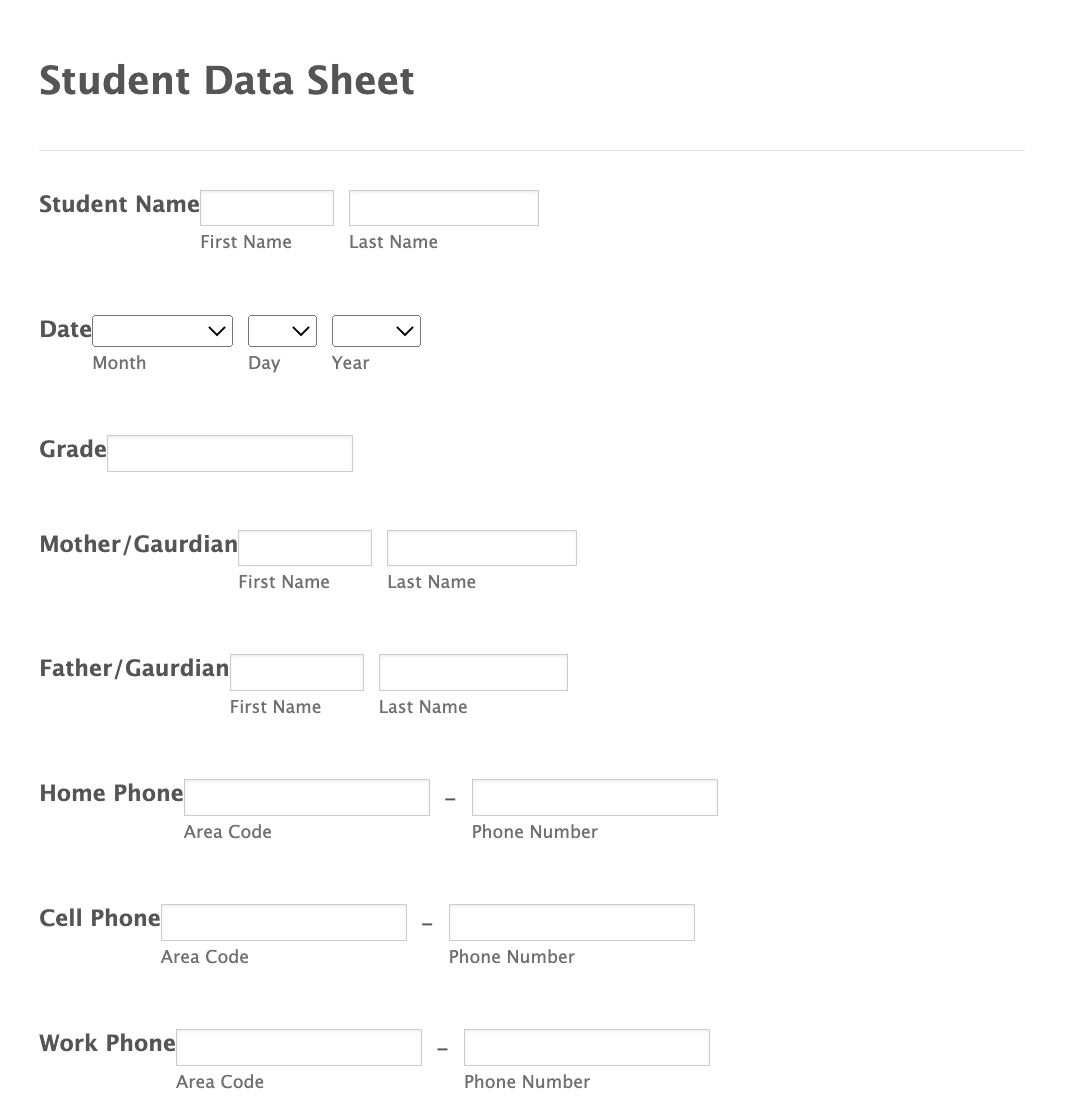Poet Maya Angelou once said, “You can’t really know where you are going until you know where you have been.” That sentiment applies to our personal lives as well as to business. If you don’t know how you got to where you are in your career — what mistakes you’ve made, lessons you’ve learned, and successes you’ve had — making improvements and becoming more productive and efficient is much harder.
So, when measuring the success of your business and making plans for its future, data is integral to providing clarity and insight, regardless of the size of your company. Data provides a record of your successes and failures, giving you a road map for how to consistently create the highest quality products and best serve your clients.
How data can help your business
Why is data important in business? Here are four ways data can help you.
1. Measuring your performance
Though performance reviews can be unpleasant (for both supervisors and employees), they’re vital to your company’s success. They give you a chance to have one-on-one meetings with your employees to discuss their strengths and weaknesses, provide honest and constructive feedback regarding their job performance, and understand what it’s like to work at your organization.
Data can play a large role in performance reviews, as it helps you measure both your company’s and an employee’s performance. Data can help you answer questions like these:
- Are you meeting or exceeding your annual goals? Or are you underperforming?
- Is your company properly tracking and recording your assets, or is it mismanaging them?
- How are your finances? How are your sales? Are your products underpriced or overpriced compared to market standards?
- Is your employee meeting or exceeding their specific projected goals? Are they struggling to meet them?
- Has your employee’s performance worsened, improved, or remained stagnant?
Tracking your company’s and employees’ progress and performance over time with data analysis will provide helpful insights into what’s working (and what isn’t). That’s one reason why data is important in business.
2. Improving your customer service
More than ever, customers face countless choices when shopping, so the last thing you want to do is further complicate the process for them. Fortunately, customer data like the following can help with that:
- Demographic data can uncover your niche clientele, allowing you to more effectively target your audience.
- Behavioral data can help you identify which product(s) or services you should release next by revealing consumer trends.
- Attitudinal data offers firsthand accounts of what customers think about your company.
The more you understand your customers — past, present, and future — the better you can market and sell specifically to them, which is especially important, since 91 percent of consumers shop with brands that offer them relevant recommendations.
3. Making better decisions
Effective data collection and analysis helps you make the right decisions quickly. Whether you’re trying to figure out where to market next, how to price your products, or how to improve a particular ad campaign, data analysis can offer insights that will help you make the best choice for your company.
For example, if you released a new product last month and it’s severely underperforming, you can gather data to answer these questions and pinpoint why:
- Did your marketing team drop the ball with a lackluster campaign?
- Should the sales team have pitched the product more on the road?
- Was the price too high for your average consumer’s budget? Or did your profits suffer because you priced your product too low?
So, although your gut may not steer you wrong, data can take the guesswork out of your decision-making and back it up with quantifiable facts, stats, and numbers to keep your thriving business headed in the right direction.
4. Reducing waste
Here’s another reason why data is important in business — by helping you better understand your business processes and where you can improve, it can help you reduce waste, especially when it comes to time, money, and resources.
By keeping track of how well each of your products sells, for example, you can determine how much inventory of each you should keep in stock vs what to special order.
Additionally, tracking how your average employee spends their working hours can help you determine which tasks you need to automate so you can free up employee time for tackling larger projects and offering customer support.
How Jotform can help you collect and analyze data
Now that you know why data is important in business, consider using a platform that can help you collect and analyze it.
Online form builder Jotform offers a suite of fully customizable templates for forms, PDFs, tables, and approval flows to help automate the data collection process. This code-free platform is easy to use and secure, helping you gather data in the form of interviews, surveys, and focus groups. Thanks to Jotform’s 100-plus form integrations, Report Builder, and PDF Editor, you can also create beautiful, polished, auto-generated reports and documents to visually present your collected data.
































Send Comment: